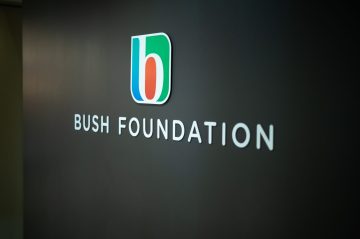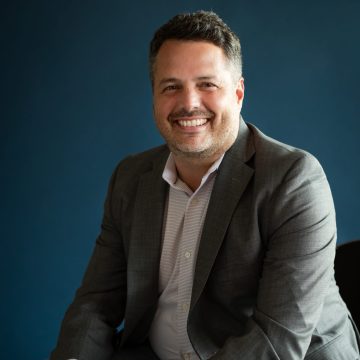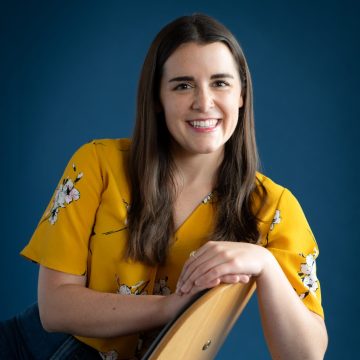Note from Jen
Note from Jen: Philanthropy that’s better for everyone
One of the challenges of making institutions and systems work better for everyone, is that the people who rise to leadership tend to be people who thrive in those environments. When an institution worked well for you, it is harder to see the ways it may not work for others. It is harder to see what needs to change to make it work well for everyone. Published 2018
DATE
September 18, 2018
One of the challenges of making institutions and systems work better for everyone, is that the people who rise to leadership tend to be people who thrive in those environments. When an institution worked well for you, it is harder to see the ways it may not work for others. It is harder to see what needs to change to make it work well for everyone.
There is a similar effect in philanthropy. Philanthropy in the US is 72% giving by individuals. Individuals who have enough money to be major philanthropists tend to be people who were served well by institutions and systems, or else they are unusually talented or lucky. There is no reason to think that being rich makes a person particularly good at figuring out how to help people with challenges they themselves have not faced — regardless of how well-meaning they may be. An analysis of the Chronicle of Philanthropy’s most recent list of the top 300 gifts by individuals (representing almost $10 billion) shows that more than 90% of the gifts went to colleges and universities, health care and medical research, and arts and culture. And in most cases the gifts were to institutions with which they have a personal connection.
I believe higher education, health care and the arts can be wonderful uses of philanthropy. I don’t believe they represent 90% of the need. To me, this highlights a major weakness in how philanthropy works.
The donors with the greatest capacity do not necessarily have the experience or the motivation to identify and address the greatest needs. If you think of philanthropy like a market, with givers trying to find opportunities with the greatest social return, this means there are huge opportunities for impact that are being missed by individual donors.
Unfortunately, institutional philanthropy is missing a lot of those opportunities, too. In the foundation world, we talk a lot about issues of poverty and injustice. It would be natural to assume that foundation grants are overwhelmingly going to those communities in highest need. That is not actually the case. The National Committee for Responsive Philanthropy has a definition of groups that are “underserved” by foundations that is very broad. It includes children, women and girls, people of color, people with disabilities, economically-disadvantaged people, etc. Even with this very expansive definition, they found that only 10% of large foundations give half or more of their grants to benefit these groups.
Within the Bush Foundation, we are trying to apply an “equity lens” to our work. Equity can mean different things in different contexts. In our context, an equity lens means prioritizing challenges facing those most in need. It means acting on good data and the intelligence of those directly impacted by issues rather than just our own experience. It means ensuring the people informing and making our funding decisions — as board members and staff and community advisors — have diverse life experiences. We believe an equity lens can help us to find some of those opportunities for impact that others are not. We see it as a smart and strategic approach to philanthropy.
We have a ways to go to live up to our aspirations. As we get better at applying an equity lens we believe we are getting smarter and more effective. It is central to our strategy to do the most possible good with the resources left to the community by Archie Bush.
Continue reading
-

News
Opportunity to work with us
As part of our office move later this year, we are exploring possibilities for the build out of the ground floor of the building. We are in the early stages of this and considering different types of operating models and potential partnerships.
-

News
Staff note: Making every dollar work through impact investing
We have benefitted from the experience of other funders as we developed our impact investing approach. Now we are paying it forward and sharing what we have done and what we have learned.
-

News
Staff note: Coordinating the work of our contact hub
We aim to be radically open in all that we do, and that includes being more accessible to more people and sharing what we learn along the way.